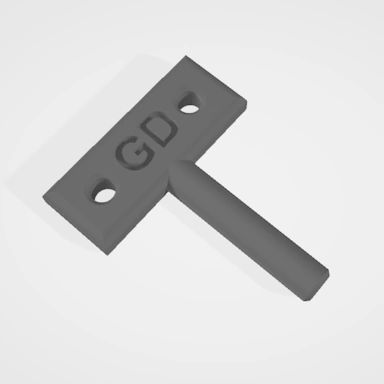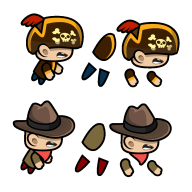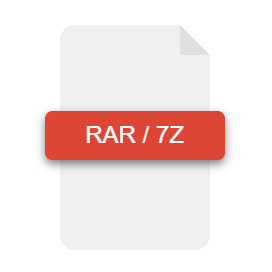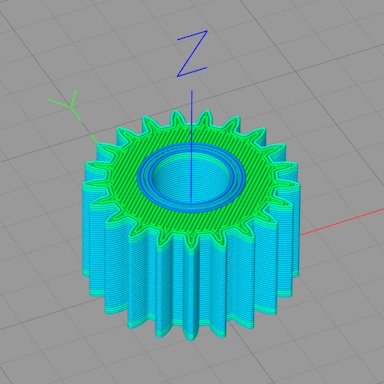X3D file format information
| Extension | X3D |
| Full Name | Extensible 3D Graphics |
| Type | 3D Model |
| Mime Type | model/x3d+xml |
| Format | Text |
| Opens With | Blender, MeshLab |
The X3D format is similar to the older WRL 3D modeling format, updated with more features and using a more modern XML file structure. It is designed for describing website virtual worlds.
As it was designed to be the successor to the WRL format, the X3D format supports most of the same capabilities, such as 3D mesh definitions via elements such as the IndexedFaceSet, which comprises geometrical vertices, faces, normals, texture coordinates, and more.
Due to the use of XML to store 3D information, files can grow quite large with complex 3D models. Support for X3D has been mixed, with some 3D editing applications building in access to the format and others mostly ignoring it in favor of other formats such as FBX and GLB.
Repairing a X3D File
X3D 3D Model File Header Data
As is common amongst 3D model file formats, X3D file formats may contain data within their header to help identify the type of file should the filename extension prove to be inaccurate or missing. With the header data from the X3D 3D model file, we are able to determine core information such as object count, vertex count, faces, textures, and other information, which can then be used to check the validity of the file.
Vertices, Faces and Geometry
This data forms the core element of any X3D model and, if damaged, cannot be easily recovered. Our X3D repair tool will try its best to repair and reconstruct any 3D model file it detects to be missing geometric data.






